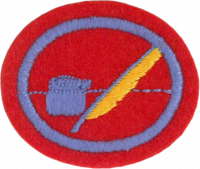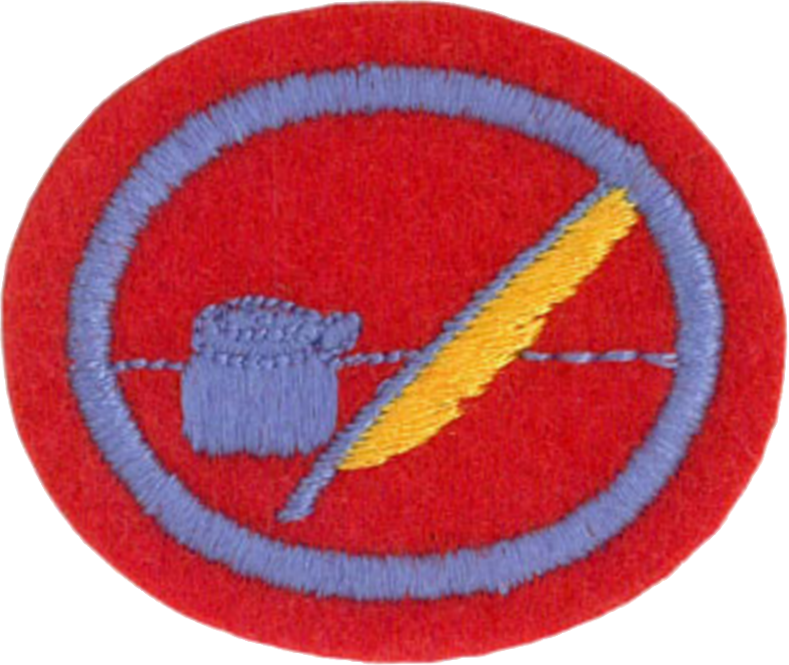Especialidades JA/Periodismo/Respuestas
1
2
Any of these topics should lend itself equally well to a news or feature story. Because requirement 6 is suited to a feature story, however, Pathfinders who want to get experience with a variety of journalistic writing styles should write a news story to fulfill this requirement.
3
A journalist must, first and foremost, understand the subject they write a story about. The journalist must also understand their audience so they can decide what information to convey to that audience throughout the course of their story. The story's lead should convince the audience to read the entire story. Each paragraph in the story should build on information that preceded it and should also convince the reader to continue reading. Once the story has conveyed all of the information of relevance, it should end. This method of organizing a story is called the Inverted Pyramid.
4
5
6
- a. Cómo su familia aceptó primero a Cristo, explicando si fue usted, sus padres, sus abuelos, etc.
- b. Experiencias personales de respuestas a la oración o la orientación divina.
- c. Un animal doméstico interesante que haya tenido.
- d. Una experiencia que haya tenido, mientras estuvo en el campamento de verano o en un viaje de campamento.
- e. Cuando Dios llegó a ser realmente por primera vez su amigo y Salvador personal.
- f. La cosa más difícil de ser un cristiano hoy.
These ideas are almost exclusively suited for feature stories. Pathfinders who want to write a news story while obtaining this Honor should do so for requirement 3, instead.
7
8
9
Those who want to pursue a career in the field of journalism from the time they enter the workforce are best served by studying the subject at the undergraduate level. Curricula for such college programs typically require that students take courses in mass media, communications theory, communications law, ethics, newswriting, feature writing, non-fiction writing, persuasive writing, desktop publishing, online publishing, statistics, computer-assisted reporting, and editing. Journalism degree requirements typically also include at least one practicum/internship. Schools that offer undergraduate degrees in the field of journalism frequently require the student to obtain a second major, e.g. a journalism student might also study business if they want to write for business media or religion if they want to write for religious media.
Within the Seventh-day Adventist educational system in North America, Andrews University, Pacific Union College, Southern Adventist University, Southwestern Adventist University, Union College (Lincoln, Nebr.), Walla Walla University and Washington Adventist University all offer an undergraduate degree either in journalism proper or in communications with a concentration/emphasis in journalism; most offer journalism as a minor area of study, as well. La Sierra University's Department of English and Communication offers some journalism courses -- but neither a degree nor a concentration in the subject. A multitude of public and private universities in North America offer similar courses and degrees.
Graduate degrees in journalism exist, though almost exclusively outside the Seventh-day Adventist education system. Many professional journalists do study journalism at the graduate level, and degrees are offered both at the masters and doctoral level.
A Pathfinder need not wait until college to begin testing the waters of the pool that is journalism, however: many high schools -- and some middle schools -- sponsor a student newspaper published on a weekly to monthly basis. And while locally-owned newspapers are much less common than they were a generation ago, some accept adolescent-written stories and articles; and many newspapers even publish a for-youth-by-youth section once or twice a week.
10
- beat writer/news writer
- broadcaster
- copyeditor/proofreader
- editor
- fact checker
- freelance author
- headline writer
- layout
- photojournalist
- publisher
- blogger
- internet publisher
References
- The Associated Press Stylebook and Libel Manual (Associated Press)
- Editing for Clear Communication (Thom Lieb)


